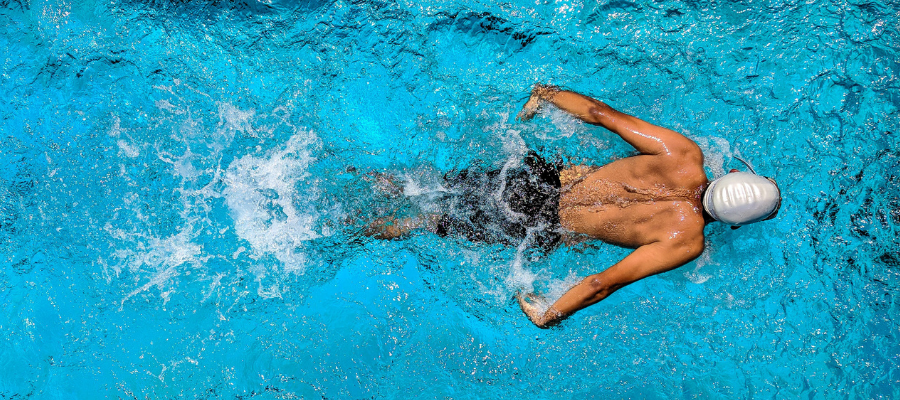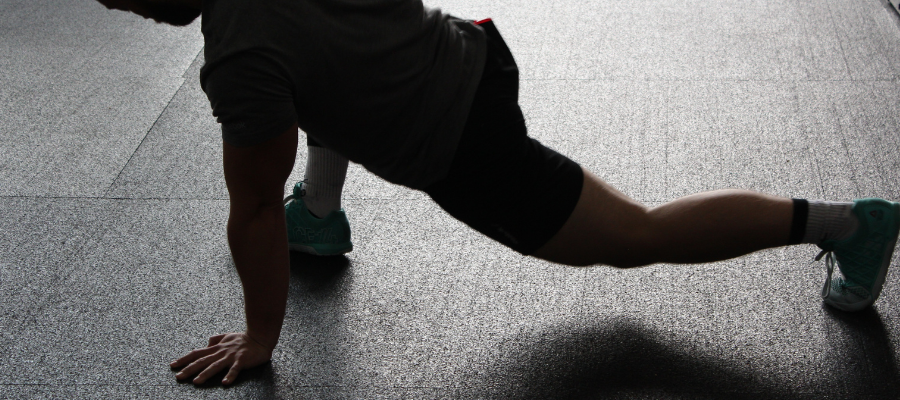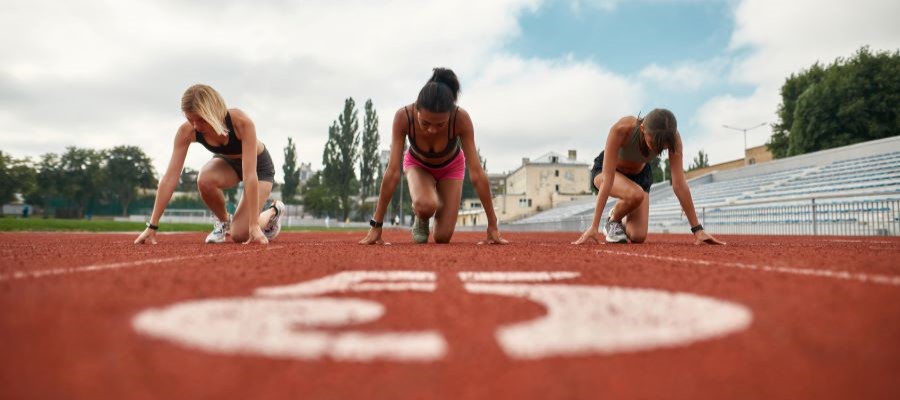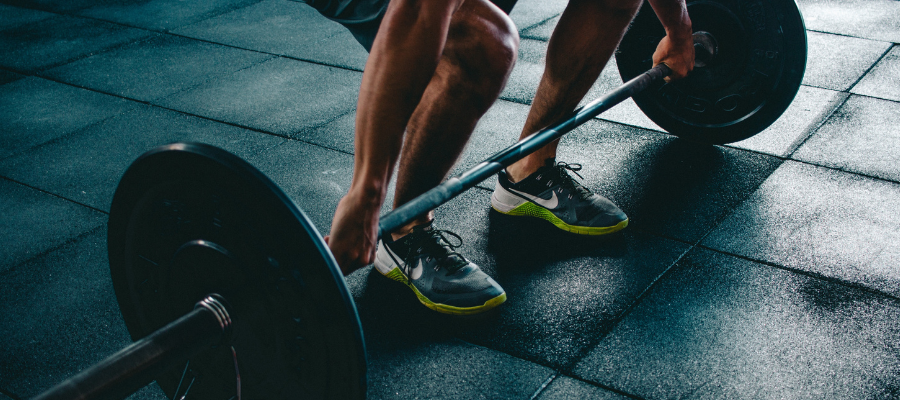Sleep recovery for athletes
When we think of professional athletes and preparation for competitions, what comes to mind first may be the hours spent in the gym, morning runs, and restrictive diets. Sure, the gym and the kitchen are vital for any athlete. However, there is one more place we tend to overlook in a training regimen that is vital to muscle recovery: the bedroom.
Sleep in professional sports
The number of successful athletes who invest in advice from sleep experts has been growing.
For example, soccer player Robert Lewandowski, who broke the record for the most goals scored in a calendar year, is working with several sleep experts to improve his athletic performance.
Lewandowski’s bedroom and even his sleeping position (on his side, lying on his right leg) are specifically accommodated to score goals! And he’s not the only one; in fact, all NBA teams have at least one person who takes care of the quality of the players’ sleep.
Well, if sleep is so important for athletes, why does nobody talk about it? – Likely because it doesn’t make good news. We’re much more likely to enjoy the story of athletes pouring out sweat in the gym and maintaining extreme diets than the story of how they maintain healthy sleep.
Sleep is often associated with being unproductive, but this not true at all – our time in bed is exactly when we become faster and stronger.
Why is sleep so important for athletes?

Sleep is the best means of regeneration you can imagine.
It is a critical component for proper recovery for everyone, but especially for athletes who put their bodies and nervous systems through tremendous challenges.
You can spend hours in the gym, follow a clean diet, take a range of supplements, but these practices alone will only get you so far without the final puzzle piece of getting enough, quality sleep.
Athletes rely on mental clarity and focus as much as their physical performance. During sleep, our body effectively eliminates the build-up of toxic waste products within our brain, thus ensuring optimal cognitive performance. Sleep also enables us to restructure new information and consolidate memory.
Furthermore, the release of growth hormone is substantially higher during sleep, which means that a big part of muscle regeneration takes place when we sleep.
Risks associated with sleep deprivation for athletes
While healthy sleep is the key to learning and regeneration, lack of sleep, on the other hand, inhibits the production of anabolic hormones such as Somatotropin (aka Growth Hormone), Testosterone, and IGF-1. These are hormones that promote the building and maintenance of muscle mass but also help maintain a sense of well-being.
Second, less sleep equals more cortisol, and more cortisol equals more stress. This not only interferes with our ability to maintain muscle mass but even has a catabolic effect. Moreover, according to studies provided by the American College of Sports Medicine, sleeping less than 7 hours a night doubles the risk of getting an injury. And who is more susceptible to injury than people who constantly expose their bodies to such intense challenges?
With all that said, if you’re not providing your body with enough sleep, you’re not only diminishing your athletic potential but you are also putting yourself at risk for injury that may affect your life beyond a professional career.
How much sleep do athletes need?

The average person needs about 8 hours of sleep a day, but what does it look like for athletes? In this case, 7-8 hours is the absolute minimum. However, the optimal number depends on many factors such as diet, level of advancement, and intensity of workouts.
For example, Floyd Mayweather, the living boxing legend and one of the world’s wealthiest athletes, claims to sleep between 9 and 10 hours a night. Sound like a lot? NBA superstar, LeBron James, says he sleeps up to 12 hours before a big game!
You should always listen to your body. If you train very hard, allow your body to recover with as much sleep as you need. By doing so, you set yourself up for the highest level of performance and achievement possible.

Sleep hygiene tips for athletes
We have already discussed the importance of getting enough sleep. However, we need to remember that the quality of sleep we get is important as well. Here are 4 tips to help sports enthusiasts ensure proper sleep hygiene:
- Stick to your sleep schedule. This is the most critical thing regarding sleep hygiene – go to bed and wake up at the same time every day. Every time you disrupt your schedule, your body uses extra energy to adapt. Naturally, we want to have as much energy as possible during our workouts and competitions.
- Monitor your hydration levels before bed. During sleep, we naturally lose fluids and can feel mildly dehydrated upon waking. Athletes, in particular, need to take special care of their hydration levels given how much they sweat during workouts. Proper hydration before bedtime is also considered to affect the quality of sleep. Just take care not to overdo it – you don’t want to disrupt your sleep with middle of the night trips to the bathroom.
- Take a nap before your workout. We especially recommend napping before a workout for people who are heading to the gym after work/school. NBA star Stephen Curry once said, “When you wake up from a nap, you know what time it is, you know it’s time to get ready and get focused and go to the game”. Still, be careful not to let your pre-exercise nap last longer than half an hour, as this can be counterproductive and make you feel sleepy instead of energetic. To ensure their athletes’ sleep, several sports teams have invested in nap pods.
- Supplement Zinc and Magnesium. Stress, dehydration, or frequent travel can cause your brain to have trouble producing adequate amounts of melatonin. This can lead to problems falling asleep, waking up during the night, or entering the REM phase of sleep, which is crucial for muscle recovery. Supplements such as Zinc and Magnesium can aid in preventing this. Not only are they widely available, but they are safe and can significantly increase the quality of your sleep. As with any supplements, please consult your physician before beginning a new supplement.
Bottom line

Just as you shouldn’t skip workouts and diet, you should not skip sleep. The better the quality of your sleep, the better your athletic performance. Athletic teams can support healthy sleep by investing in rest solutions for their home training facilities to ensure that each athlete performs at the top of their game.


